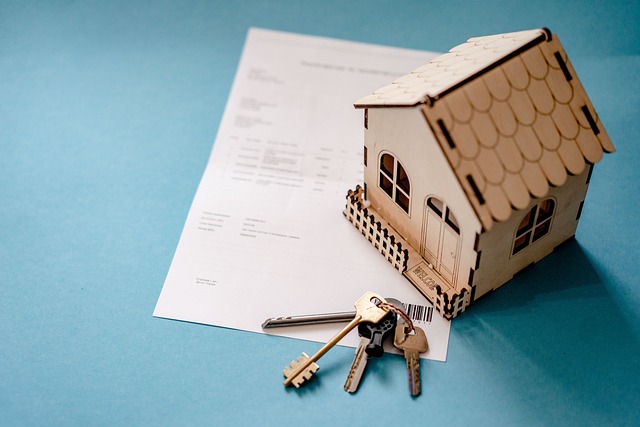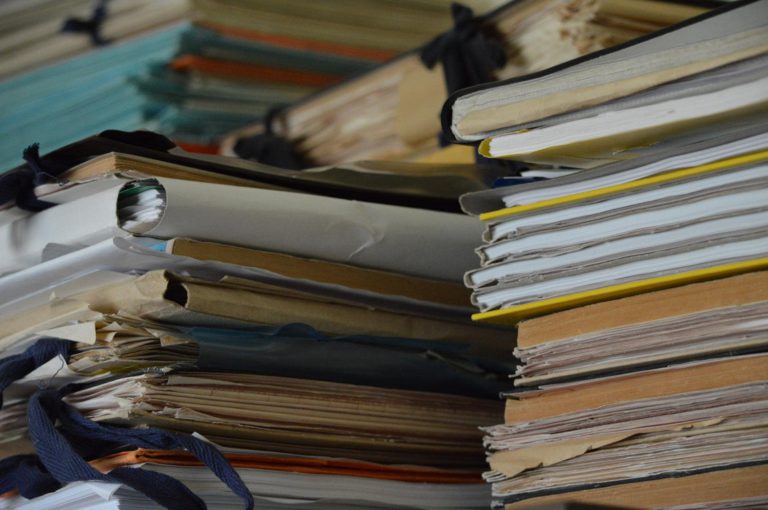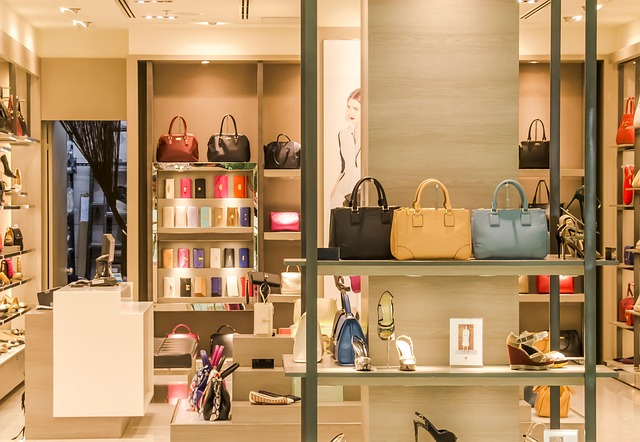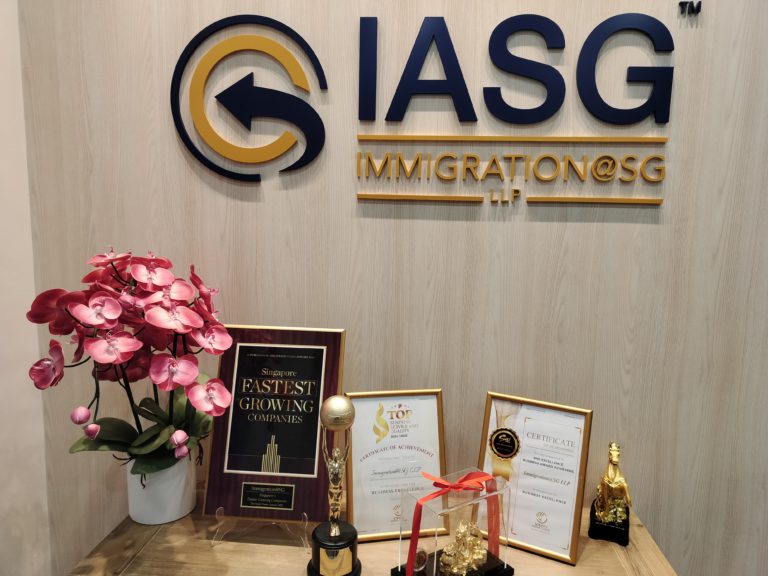The real estate industry in Singapore plays a vital role in shaping the nation’s economic landscape. As a land-scarce, high-density city-state, Singapore’s approach to real estate is marked by meticulous planning and management, strict regulations, and continuous innovation. This sector encompasses residential, commercial, industrial, and retail properties, and it serves as a magnet for both domestic and international investors.
How the Real Estate Sector Works in Singapore
Regulatory Framework & Management
Singapore’s real estate ecosystem is heavily regulated and deeply integrated with its national development goals. The Urban Redevelopment Authority (URA) is the key agency responsible for land use planning and zoning, while the Housing and Development Board (HDB) manages the development and maintenance of public housing. Approximately 80% of Singapore’s resident population live in HDB flats, showcasing the state’s dominant role in the residential segment.
In the private sector, property developers, real estate investment trusts (REITs), agents, and consultancies drive the buying, selling, and leasing of private residential, commercial, and industrial properties. Land ownership in Singapore is categorised into freehold and leasehold, with most government-sold land being on 99-year leaseholds. The government releases land through the Government Land Sales (GLS) programme, which developers bid for in a transparent and competitive process. This ensures that land supply is carefully managed to meet demand without overheating the market.
Working in the Real Estate Industry in Singapore
Real estate agents must be registered under the Council for Estate Agencies (CEA), which sets standards for professionalism, training, and ethical conduct. This regulatory framework fosters a transparent and trusted marketplace, where consumers can transact with confidence.
a. Opportunities & Roles For Foreigners
-
Real estate agents
-
Property investment analysts
-
Asset/portfolio managers
-
Architects, surveyors, urban planners
-
Construction and project management roles
-
Real estate legal and compliance professionals
-
PropTech developers
b. Work Passes Required
-
Employment Pass (EP): For professionals earning at least SGD 5,600 to 10,700 per month, depending on age at application. This information is true as of August 2025 – there may be changes in future.
c. Accreditation and Licensing
-
Real Estate Agents: Must be Singaporean/PR and pass CEA’s RES exam
-
Engineers, Architects: Must register with relevant professional boards (e.g., BOA, PE Board)
d. Industry Expectations
-
High ethical standards and regulatory compliance (governed by URA, CEA, BCA)
-
Familiarity with government land sales (GLS) and zoning laws
-
Emphasis on sustainability and smart building technologies
Contribution to Singapore’s Economy
Gross Domestic Product (GDP) & Related Industries
The real estate industry contributes significantly to Singapore’s Gross Domestic Product (GDP), employment, and investment inflows. As of recent years, the construction and real estate services sector accounts for over 10% of GDP. Apart from the buying and selling of properties, the sector also indirectly supports other industries such as legal, banking, architecture, interior design, and facilities management.
REITs Market
In the financial markets, Singapore has become a major hub for REITs. The Singapore Exchange (SGX) hosts a vibrant REIT market, with many trusts investing in not only domestic properties but also global assets. This has made real estate a key asset class for institutional and retail investors, boosting liquidity and creating wealth opportunities.
Consistent Development Projects
Furthermore, real estate development and investment are closely tied to infrastructure projects and urban renewal. Projects like the Greater Southern Waterfront, Punggol Digital District, and Jurong Lake District are examples of real estate-led economic strategies aimed at decentralising business activity and driving long-term growth.
Foreign Participation in the Industry
Buying Real Estate Properties
Foreigners are allowed to participate in Singapore’s real estate industry in various capacities, although certain restrictions apply. Foreign individuals can buy private condominium units and commercial properties without much limitation, although Singapore’s Additional Buyer’s Stamp Duty (ABSD) rates are high for foreigners. However, they are generally restricted from purchasing landed residential properties unless special government approval is granted.
a. Taxes and Fees for Foreign Buyers
-
ABSD (Additional Buyer’s Stamp Duty): 60% for foreigners
-
BSD (Buyer’s Stamp Duty): Progressive rate (1%-6%) based on property price
-
Property Tax: Annual, based on annual value (AV) of property
Note: ABSD may be reduced under Free Trade Agreements (e.g., for U.S. citizens buying their first property).
b. Financing
-
Foreigners can take loans from Singaporean banks, but:
-
Usually limited to 75% Loan-to-Value
-
Higher interest rates may apply
-
Must meet Total Debt Servicing Ratio (TDSR) guidelines (currently 55%)
-
Setting Up Real Estate Businesses
Foreign entities looking to set up real estate businesses must register with the Accounting and Corporate Regulatory Authority (ACRA) and obtain relevant licenses from the Council for Estate Agencies (CEA) if they intend to operate as real estate agents or brokerages. For property development or investment companies, no specific licensing is required beyond the standard business registration, but compliance with the Residential Property Act and other real estate-related legislation is mandatory.
a. Common Business Types
-
Property investment firms
-
Real estate consultancy
-
Construction & project management
-
PropTech startups
-
Interior design & renovation
-
Facilities management
b. Requirements for Foreign-Owned Companies
-
Register a Private Limited Company (Pte Ltd) with ACRA
-
Minimum one resident director
-
Local registered address
-
Paid-up capital: SGD 1 but it is advisable to
-
Appoint a company secretary within 6 months
Many foreign entrepreneurs use a Nominee Director Service during incorporation, but are advised to relocate with an EP for better control and legitimacy. Email to info@iasg.com.sg for more information on setting up a business in Singapore for foreigners.
c. Licenses and Permits
-
BCA License: For construction or building works
-
CEA License: For real estate agencies
-
SCDF Fire Safety Certificate: For premises usage
-
URA / HDB approvals: For operating businesses in certain zones
Singapore is also an attractive base for foreign developers and investors due to its political stability, strong legal framework, low corruption levels, and ease of doing business. International firms regularly partner with local developers to undertake large-scale projects, especially in commercial and mixed-use developments.
Challenges and Competition in the Industry
Steep Pricing
The real estate industry in Singapore is intensely competitive and subject to various macroeconomic, regulatory, and demographic pressures. One of the key challenges lies in land scarcity. With limited space and high population density, real estate prices are steep and development opportunities are constrained. This makes it difficult for new entrants to secure prime sites unless they have deep capital or strategic alliances.
Long-Term Profitability
Government policies also play a significant role in tempering market volatility. Measures such as Additional Buyer’s Stamp Duty (ABSD), Seller’s Stamp Duty (SSD), and Total Debt Servicing Ratio (TDSR) were introduced to curb speculative buying and ensure financial prudence among homebuyers. While these measures have contributed to market stability, they also limit short-term profitability for developers and investors.
Fluctuating Market Trends
The cyclical nature of the real estate market poses another challenge. Developers must navigate fluctuating demand, construction costs, interest rates, and changing lifestyle preferences. For instance, the post-pandemic trend of remote work has reshaped demand for office space, prompting landlords to rethink traditional leasing models.
Upcoming Proptech Transformations
Technology disruption is also altering the competitive landscape. Proptech solutions are revolutionising how properties are listed, viewed, and managed. Digital platforms are disintermediating traditional agents, while data analytics and AI are being leveraged for valuation, predictive modeling, and investment decision-making. Staying ahead requires agility, digital adoption, and continuous innovation.
Singapore’s Push For Sustainability
Moreover, environmental sustainability is becoming a crucial factor. Developers and landlords are increasingly pressured to meet green building standards and incorporate energy-efficient features, not just to meet regulatory requirements but also to attract environmentally conscious investors and tenants.
Participants in Singapore’s real estate market may easily navigate these challenges with the help of an informed and updated strategy by professionals and government agencies.
Opportunities in Singapore’s Real Estate Industry
-
PropTech Growth: AI, Virtual Viewings, Smart Home Solutions
Singapore’s real estate sector is undergoing rapid digital transformation driven by Property Technology (PropTech) – a wave of innovations enhancing how properties are bought, sold, rented, and managed.
Artificial Intelligence (AI) is used in multiple ways: property portals and real estate agencies are leveraging AI to match listings to buyer preferences, analyse market trends, and estimate property valuations more accurately. Chatbots, predictive analytics, and automation tools also streamline customer service and lead generation.
Virtual viewings and augmented reality (AR) have grown significantly since the pandemic. Prospective buyers and tenants can now tour properties remotely through 3D walkthroughs or even live guided virtual showings. This not only saves time but also makes property marketing borderless, important in a global hub like Singapore where foreign investors are key players.
Smart home solutions such as integrated lighting, climate control, security, and voice-activated systems are becoming standard in new developments. Developers are now incorporating these features to meet the expectations of tech-savvy homeowners and tenants. This growing demand for smart homes is pushing architects, designers, and property managers to upgrade existing properties to remain competitive.
-
Green and Sustainable Buildings: BCA Green Mark Incentives
Sustainability has become a core focus in Singapore’s urban development strategy. The Building and Construction Authority (BCA) leads this effort through the Green Mark Scheme, a benchmarking system launched to evaluate a building’s environmental impact and performance.
Developers and building owners are encouraged to adopt sustainable construction practices and technologies such as solar panels, energy-efficient HVAC systems, water-saving fittings, and eco-friendly materials. In return, they can qualify for financial incentives, higher gross floor area allowances, and faster planning approvals, depending on the Green Mark rating achieved (Certified, Gold, GoldPLUS, or Platinum).
The government’s Singapore Green Building Masterplan aims to green 80% of the built environment by 2030. As this regulatory push continues, it creates opportunities for green building consultants, energy service companies, sustainable architects, and investors in ESG-compliant real estate portfolios.
-
Luxury Residential Segment: Especially in Core Central Region (CCR)
Despite property cooling measures, the luxury property market remains resilient, particularly in the Core Central Region (CCR), which includes prestigious districts like Orchard, Tanglin, Newton, and Marina Bay. These areas house high-end condominiums, penthouses, and landed properties that attract high-net-worth individuals (HNWIs), both local and foreign.
Factors fueling this demand include Singapore’s reputation as a safe haven, political stability, tax efficiency (no capital gains tax), and high-quality lifestyle. Family offices and global elites see Singapore’s luxury homes as not just residences but assets for long-term wealth preservation.
Developers are also innovating in this space by integrating branded residences, wellness features, concierge services, and private clubs to differentiate their offerings. While entry into this segment requires significant capital, the margins are higher, and the clientele is less price-sensitive, making it an attractive niche for investors and developers who can deliver exceptional quality.
-
Regional Real Estate Funds and REITs: Singapore is Asia’s REIT Capital
Singapore is widely regarded as the REIT (Real Estate Investment Trust) capital of Asia. Its REIT market is worth over S$100 billion and features a diverse range of trusts that invest in office buildings, malls, hotels, logistics hubs, data centres, and healthcare properties both in Singapore and globally.
REITs provide an accessible way for investors to gain exposure to real estate without owning physical property. They offer liquidity, diversification, and attractive dividend yields, especially in a low-interest-rate environment. Institutions and retail investors alike value Singapore REITs (S-REITs) for their regulatory transparency, strong corporate governance, and tax efficiency.
In recent years, real estate private equity funds and regional investment vehicles have also emerged, using Singapore as a hub to manage cross-border real estate assets across Southeast Asia, India, China, and Australia. This opens up opportunities for fund managers, asset managers, financial analysts, and real estate lawyers, especially those with regional expertise.
-
Commercial Property Redevelopment: Linked to URA Master Plan
The Urban Redevelopment Authority (URA) lays out long-term development plans for Singapore through its Master Plan, which is updated every five years. These plans often spark commercial redevelopment opportunities, especially in areas earmarked for transformation.
Examples include:
-
Greater Southern Waterfront: A massive coastal redevelopment stretching from Pasir Panjang to Marina East, set to become a new mixed-use waterfront precinct.
-
Jurong Lake District: Positioned as Singapore’s second CBD, targeting innovation and business services.
-
Paya Lebar Airbase relocation: Freeing up a huge area for future housing and commercial space.
Commercial properties in aging zones may also qualify for redevelopment under schemes like the CBD Incentive Scheme or Strategic Development Incentive (SDI), which encourage building owners to modernise old office buildings into mixed-use developments, often with higher plot ratios and bonus incentives.
For investors, architects, planners, and construction firms, this represents a long runway of opportunities. Being aligned with the URA Master Plan allows developers to position themselves early and extract value from upcoming growth corridors.
Monetising Singapore’s Real Estate Industry as a Foreigner
The real estate industry in Singapore is more than just a property market, it is a dynamic and strategic sector that underpins the nation’s economic and urban development. Despite its challenges, the sector remains a lucrative and stable environment for those who understand its intricacies and can adapt to its evolving trends. Whether local or foreign, those wishing to work or invest in Singapore’s real estate market must be prepared to operate within a highly regulated yet opportunity-rich landscape that rewards professionalism, foresight, and resilience.







